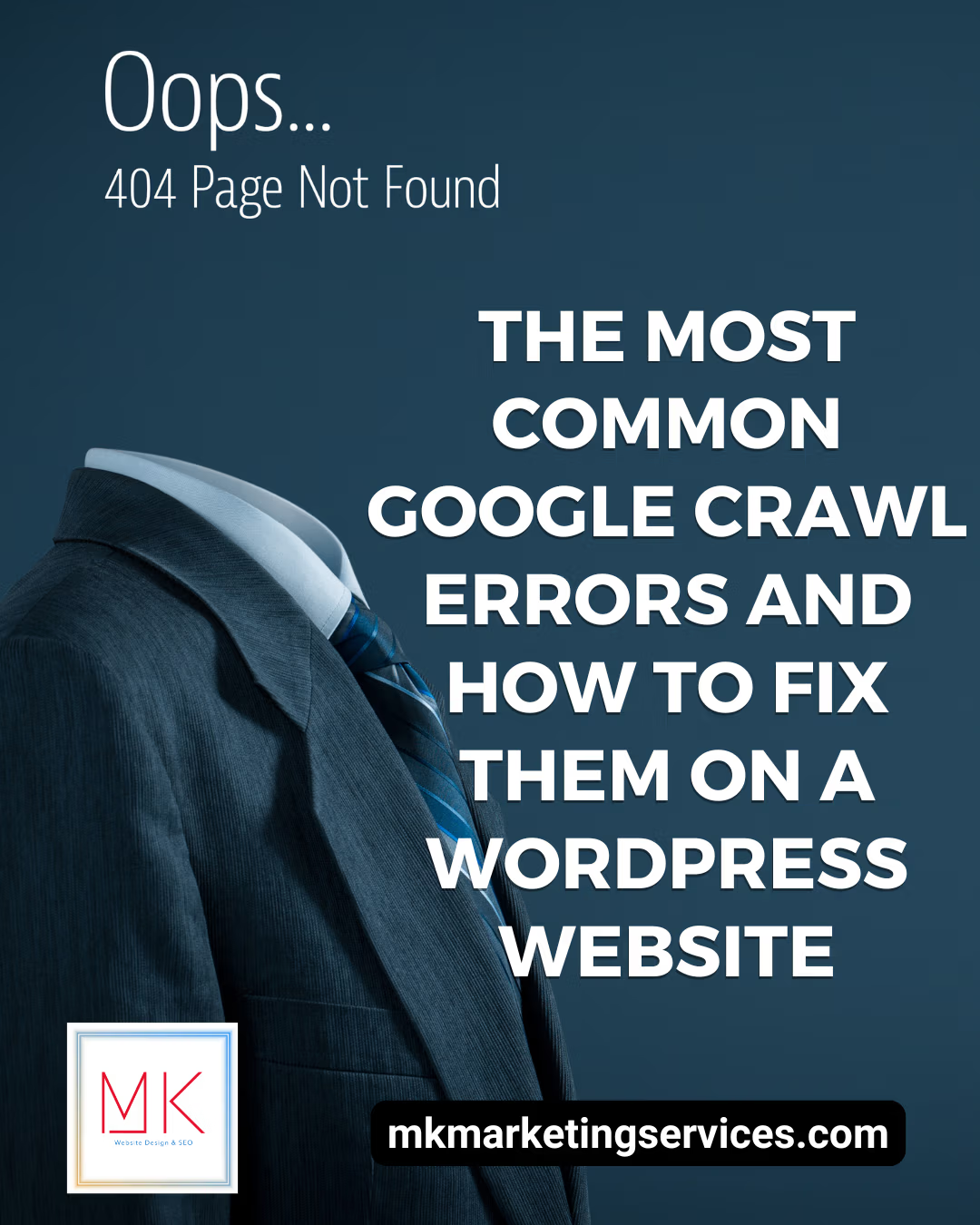In the dynamic world of digital marketing and search engine optimization (SEO), staying ahead of the competition requires constant adaptation and access to accurate data. Proxies have become an essential tool in this domain, offering numerous benefits that enhance the efficiency and effectiveness of digital marketing strategies. This article explores how proxies, such as those provided by https://proxy-ipv4.com/en/, can significantly improve digital marketing and SEO efforts, from data collection to competitive analysis and ad verification.
Understanding Proxies and Their Functionality
A proxy server acts as an intermediary between a user’s device and the internet. When using a proxy, internet requests are routed through the proxy server, which masks the user’s original IP address with one from the proxy server. This process provides anonymity, enables access to geo-restricted content, and helps manage internet traffic more effectively.
Key Benefits of Using Proxies in Digital Marketing and SEO
1. Efficient Data Collection and Web Scraping
Data collection and web scraping are fundamental components of effective digital marketing and SEO strategies. However, these activities can often trigger IP bans or restrictions from websites. Proxies solve this problem by distributing web scraping requests across multiple IP addresses, reducing the risk of detection and allowing for continuous data collection. This enables marketers to gather comprehensive information on market trends, competitor strategies, and consumer behavior without interruptions.
2. Accurate Keyword Rank Tracking
Tracking keyword rankings across different regions is crucial for understanding how well a website performs in various markets. Proxies enable SEO professionals to simulate searches from different geographic locations, providing accurate and localized search engine results. This is particularly important for businesses targeting international audiences, as it helps them understand local competition and tailor their SEO strategies accordingly.
3. Competitive Analysis and Monitoring
Understanding competitor strategies is vital for maintaining a competitive edge in digital marketing. Proxies facilitate competitor analysis by allowing marketers to access competitor websites and gather data without revealing their identity. This can include analyzing competitor backlinks, content strategies, and ranking performance. By using proxies, businesses can gather valuable insights into what competitors are doing well and identify opportunities to outperform them.
4. Ad Verification and Monitoring
Ensuring that online advertisements are displayed correctly and reach the intended audience is critical for the success of digital marketing campaigns. Proxies allow marketers to verify ad placements by simulating different user environments and locations. This helps in detecting and preventing ad fraud, ensuring that ads are being shown to genuine audiences, and that they are displayed as intended across various platforms and devices.
5. Bypassing Geo-Restrictions
Many digital marketing activities require access to content and data that are restricted based on geographic location. Proxies enable marketers to bypass these geo-restrictions by providing IP addresses from various regions, allowing them to access a wider range of data and insights. This capability is essential for localizing content, understanding regional market nuances, and testing ads and content as they appear to local audiences.
Types of Proxies Suitable for Digital Marketing and SEO
- Residential Proxies
- Description: Use IP addresses assigned by ISPs to residential users, making them appear as regular home connections.
- Use Case: Ideal for tasks requiring high anonymity and access to local content, as they are less likely to be flagged or blocked by websites.
- Datacenter Proxies
- Description: Provided by data centers, these proxies offer high-speed connections without being affiliated with ISPs.
- Use Case: Suitable for large-scale data scraping and tasks requiring fast and efficient data access.
- Mobile Proxies
- Description: Utilize IP addresses provided by mobile carriers, simulating traffic from mobile devices.
- Use Case: Useful for mobile-specific ad verification, app testing, and accessing mobile-optimized content.
Implementing Proxies in Digital Marketing Strategies
A. Choosing the Right Proxy Type
The choice of proxy type depends on the specific needs of the digital marketing campaign. For example, residential proxies are often preferred for tasks requiring a higher degree of anonymity and access to local content, while datacenter proxies are ideal for speed-intensive tasks. Mobile proxies are beneficial for mobile-specific SEO analysis and ad verification.
B. Rotating IP Addresses Regularly
To mimic natural user behavior and avoid detection, it is important to rotate IP addresses regularly. This practice distributes the web scraping and data collection activities across multiple IP addresses, reducing the likelihood of triggering security measures on the target websites.
C. Using Secure Connections
Ensuring that the data traffic is encrypted by using secure connections (such as HTTPS) is crucial for protecting the integrity and confidentiality of the data collected. A reliable proxy provider like https://proxy-ipv4.com/en/ ensures that all connections are secure and that data remains protected.
D. Integrating Proxies with Marketing and SEO Tools
Many digital marketing and SEO tools support proxy integration, enabling users to leverage the benefits of proxies directly within these platforms. This integration enhances the efficiency and effectiveness of marketing and SEO efforts, allowing for seamless data collection, analysis, and implementation.
Best Practices for Using Proxies in Digital Marketing and SEO
1. Adhering to Website Terms of Service
While proxies provide the technical capability to scrape data and analyze competitors, it is important to respect the terms of service of the target websites. Unauthorized scraping can lead to legal issues and damage the reputation of the business.
2. Monitoring and Managing Proxy Usage
Regular monitoring and management of proxy usage help ensure optimal performance and security. This includes checking for any unusual activity, managing IP address rotations, and ensuring compliance with data collection policies.
3. Combining Proxies with Other Security Measures
Proxies should be part of a comprehensive security strategy that includes firewalls, anti-virus software, and intrusion detection systems. This multi-layered approach ensures that all potential threats are addressed and mitigated.













